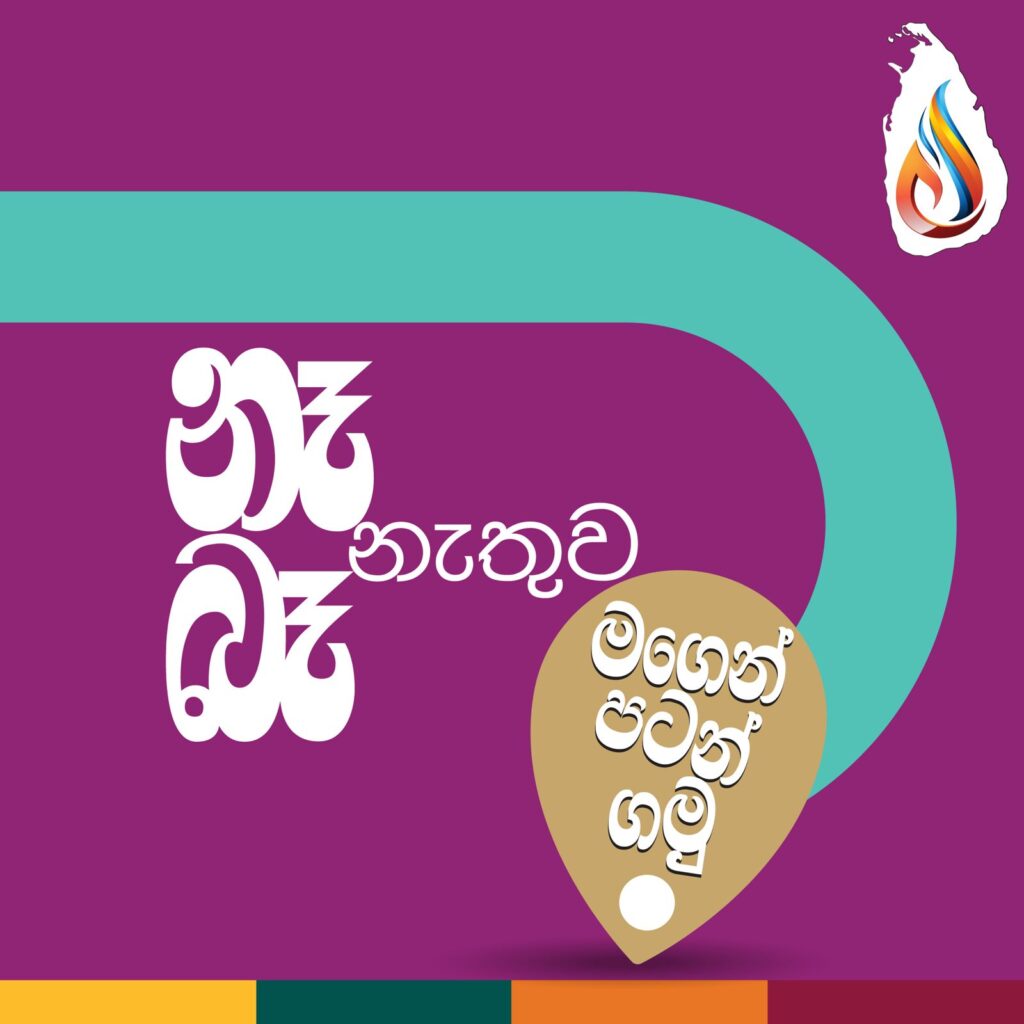2024 Presidential Election exposes fragmentation in Sri Lanka’s right-wing politics
By: Staff Writer
September 24, Colombo (LNW): The 2024 Presidential Election can be recognized as one of the most intense and competitive elections. This election is taking place against the backdrop of a country where people are demanding change, both economically and socio-politically, the latest analysis of the 2024 presidential poll result revealed. .
Special attention should be given to the number of votes received by Ranil Wickremesinghe, the acting president who took over after the resignation of former President Gotabaya Rajapaksa following the people’s uprising in 2022.
Ranil Wickremesinghe, aligning with the parliamentary group of the Sri Lanka Podujana Peramuna (SLPP), ran as an independent candidate, using the symbol of a gas cylinder. On the other hand, Sajith Premadasa, who was a candidate in the 2019 Presidential Election, ran this time under the symbol of a telephone through his party, the Samagi Jana Balawegaya.
Meanwhile, Anura Kumara Dissanayake, who faced significant setbacks in 2019, emerged this time with strong public support and enthusiasm, running as the candidate for the National People’s Power (NPP) party, using the symbol of a compass.
Thus, it can be noted that from the very beginning, the vote distribution for the 2024 election is more fragmented compared to 2019. Accordingly, it is clear that public behavior in the 2024 Presidential Election marks a noticeable shift at the grassroots level after many years, the report revealed.
The analysis of Sri Lanka’s presidential election results and the division of right-wing politics is rooted in the complex interplay of ethnic, religious, and economic factors that have shaped the country’s political landscape. Several points stand out in this context:
Ethnic and Religious Factors: Sri Lanka’s elections are often influenced by the ethnic divide between the majority Sinhalese (primarily Buddhist) and the Tamil and Muslim minorities. Right-wing politics in Sri Lanka, particularly parties like the Sri Lanka Podujana Peramuna (SLPP), have historically appealed to Sinhalese nationalism.
This ethnic polarization plays a significant role in how votes are distributed across the country, especially in the Sinhalese-majority southern and central regions versus the Tamil and Muslim-majority north and east.
Economic Concerns: Economic mismanagement, debt crises, and inflation have become central issues in Sri Lankan elections. In recent years, the failure of the government to address these concerns effectively led to discontent across a wide spectrum of the electorate. Right-wing politics often promise strong economic reform, but the results have been mixed, with many voters disillusioned by the outcomes. The recent financial crisis in Sri Lanka has intensified these concerns.
Right-Wing Fragmentation: Within Sri Lanka’s right-wing political sphere, divisions have become apparent. Parties like the SLPP, led by the Rajapaksa family, have faced challenges due to their handling of the economy and governance issues, leading to dissent even among right-leaning voters. The emergence of alternative right-wing figures or movements could further splinter the conservative vote.
Populism and Nationalism: A significant feature of right-wing politics in Sri Lanka has been the appeal to populism and nationalism, particularly around the protection of Buddhist heritage and national sovereignty. This stance has led to tensions with minority communities and further cemented the divide between ethnic groups.
External Influence: Sri Lankan politics, including right-wing movements, have also been influenced by international actors, including China and India, which have vested interests in the country’s strategic location. These geopolitical factors can sway public opinion, especially on economic and sovereignty issues.
The future of right-wing politics in Sri Lanka will likely depend on how the country addresses these economic and ethnic challenges, and whether new political forces emerge to reshape the traditional political alliances.


